Alternative Education Goes Mainstream
A little choice goes a long way. Parents are voting with their feet and now with government dollars.
Situation: Parents are voting with their feet.
While the world has changed dramatically, the traditional school system has not. US public schools have suffered from underinvestment, politicization, and perverse incentives. Traditional schools have bored students, poor learning outcomes, frustrated teachers, and dissatisfied parents.
The erosion of social safety nets has saddled the traditional school system with problems it is ill-equipped to solve. Teachers can't deliver on educational objectives when many students lack housing and nutrition.
As a result, the quality of education is not enough to prepare students for the workforce. In 2019, only 34% of eighth graders could read proficiently at or above.
Enrollment trends show that what began as a trickle of students out of the public system has become a flood. Urban school districts have seen reduced enrollment over the years. NYC’s Department of Education predicts a decline of 30,000 students in September 2022. This school year is continuing a clear downward trend (see below).
As students leave the traditional school system, parents are pursuing alternative education.
What is alternative education, and why is it attractive?
'Alternative Education' refers to the variety of approaches to teaching and learning outside of traditional schools, including: homeschooling, charter schools, microschools, learning pods, online schools, and religious schools.
Parents choose alternative education for several reasons. First, the mainstream school system is not working for their children. Until recently, alternative education existed as a means of remediation. It was thought to be exclusively for vulnerable students with special needs. As more alternative schooling options target successful students, this stigma has decreased. Personalized learning has become desirable regardless of supposed learning differences. Everyone is different.
Second, they might also like their child to be educated using more bespoke, innovative methods. Every family has different values. They may want to emphasize creativity through the Montessori method.
Third, they want geographic flexibility for their family. Remote work has opened up a new world of possibilities. More parents are considering becoming digital nomads or traveling by the season. The family unit has become more complex and non-traditional. Family members might live in different locations. Distance learning helps ensure continuity of learning without one set home base. Online charter schools like Connections Academy and Stride Learning have been in business for 20 years, serving this need.
Parent interest in alternative education is at an all-time high
A 2024 Report on School Choice conducted a survey of 2,319 parents that shows a tremendous preference for alternative education options.
Learning pod research shows a similar story. 58% of parents reported that their child was doing much better or slightly better in a learning pod. Parents also report having more information and influence over what their children learn.
Homeschooling, already on an upward trend, doubled during the Covid-19 period. Between spring and fall of 2021, U.S. households doing homeschooling rose from 5.4% to 11.1%, according to the US Census.
Parent favorability of school choice and ESAs is incredibly high.
Why is Alternative Education now an inflection point? Teachers, Technology, and Government.
Traditional school teachers are leaving the public system and finding new career opportunities.
It's not only students who find the public system untenable. Teachers themselves are leaving the current system and finding new ways to make a living.
Fifty-four percent of teachers said they are “somewhat” or “very likely” to leave teaching in the next two years, compared to 34 percent in 2019. 90% of teachers suffered from burnout and requested higher pay last year1. Teacher dissatisfaction has prompted an exodus from the public system, which is evident in the data. There are currently 567,000 fewer educators in America’s public schools today than there were before the pandemic, according to BLS.
The Wall Street Journal reports in Feb 2022:
Quits in the educational services sector rose 148% in that time frame, while quits in states and local education rose 40%, according to federal data. By comparison, quits in retail trade rose 27% in the same time frame. According to LinkedIn, the share of teachers on the site who left for a new career increased by 62% last year.
Teachers seek new lines of work, often outside the teaching profession. Others have become more open to teaching in alternative settings. Teachers have switched careers to tutoring, leading a microschool, and offering online classes. New roles could include teachers as solopreneurs of their own pod businesses.
Technology is now ubiquitous.
Devices and internet connectivity have become ubiquitous. In 2021, 93% of households with children reported some distance learning. Video conferencing, messaging, interactive media, and online assessments have become commonplace. There are endless EdTech products in every flavor to aid with learning. Educators have options to create a custom curriculum tailored to their students.
US State governments have thrown their weight and funding behind alternative education programs.
Across the United States, new solutions that give parents more choice are gaining steam. At the forefront are Education Savings Accounts (ESAs). ESAs open up possibilities for state funding of alternative education by providing state-supervised funds that parents use to pay for education options. A parent can use the funds to pay for private school tuition, online learning, supplemental curriculum, and more.
Arizona piloted the first ESA program in 2011. The program grew to 10,000 students last year. Arizona voted in June to scale the program to universal eligibility. Nine states have active ESA programs—see below. West Virginia intends to massively expand its Hope Scholarship program in 2022. New Hampshire has launched a pilot program to pay up to 40 students to attend a pod system.
ESA policies have already had a big impact on alternative education providers. Outschool recently reported that ESAs have grown from 0 to 10% of its business within 12 months.
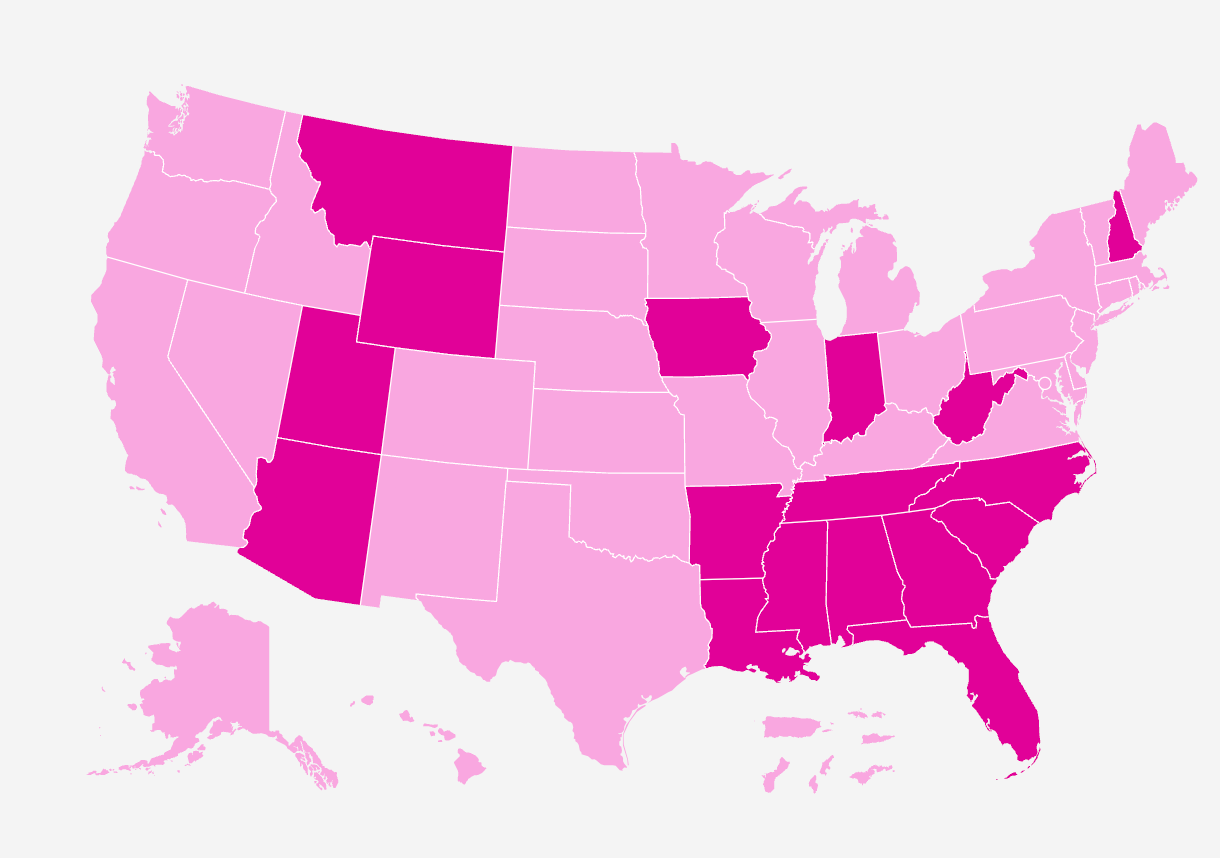
With the rise of alternative education, what are the big opportunities?
Venture capital has allowed founders to experiment with new alternative education offerings. Emerging companies are building the infrastructure for a systemic shift toward alternative education. They are also helping parents reimagine what quality education looks like. They are showing, not telling.
New well-funded startups are also making inroads into the market with unique offerings. A few exciting use cases include:
Implementing online and hybrid forms of schooling. One example is Sora Schools, which offers project-based, virtual middle and high schools. Primer launched micro-schools in Arizona and Flordia using tax dollars for the upcoming school year. Kubrio is a global model that offers coach-led pods as mini-learning communities. The Hub offers an educational support organization geared to serving the homeschooling population. Recess provides homeschoolers with an online social community.
Reducing the traditional barriers that prevent families from adopting alternative education is critical. Getting the in-person component of alternative education is critical. Boundless Life is a great solution for digital nomads. They offer a full living arrangement package matched with an agile K-6 education. The education component blends an online Nordic curriculum with in-person activities. Kaipod provides in-person learning pods for online learners and homeschoolers. Its pods offer a community for students and resources for parents. Kaipod has partnered with Odyssey and Sora Schools in the coming school year.
Modernizing the administration of state funding for alternative education. To unleash massive change requires government dollars to follow students. Odyssey is helping catalyze this change by partnering with state governments. Its unique platform administers education savings accounts (“ESAs”) and microgrant programs. Tether Education also helps give parents the best information on making school choices.
Providing access to a high-quality teacher or tutor. Tutoring marketplaces have been around since the rise of the internet. There is a large opportunity for onboarding, incentivizing, and developing teacher talent. Successful companies need to embed pedagogy into the delivery mechanism of teaching. They will treat teachers and tutors like partners and professionals. The technology and user experience will enable a seamless experience. Pencil provides a high-quality LMS for tutors to use.
Learning completely outside the system, maybe in the 'metaverse.' Pioneers like ClassDojo are blowing up the system completely. These programs appear as supplements to schools or replacements for social media. Both organizations have indicated they have learning design goals to build soft skills.
Of course, it could all go wrong:
Regulation and legal challenges could prove tricky. An uncertain legal landscape drives up costs and increases risks. In July, a judge in West Virginia ruled that the state’s ESA program was unconstitutional, a ruling two months before the start of the school year unsettled parents.
Teacher unions are not keen on new market entrants and often resist innovation from outside the existing school system. The American Federation of Teachers (AFT) advocates for strict regulation of charter schools, and the unions are likely to lobby for similar restrictions against alternative education.
Parents might suffer from the '40-year communication gap'. They often have high regard for the education they received as children and assess educational quality based on their own lived experience, even though classroom management has improved since those adults today were students.
Quality measures are difficult. Parents and governments want to ensure that students receive a high-quality education. Measuring learning outcomes in education is tricky. In the past, some private providers have been accused of putting profit before quality. Strong efficacy measurement systems and accountability for outcomes are critical, particularly when public dollars are at stake.
Conclusion: The future is bright
The alternative education movement is still nascent but gaining cultural acceptance. With new technology and startups, alternative education can meet increasing parent demand, creating a self-reinforcing flywheel. We are beginning to open up a new world of learning possibilities.
Further Reading:
Seeing Beyond The Mirage: How pragmatic stewardship could transform learning outcomes in international education systems. Co-authored by Katelyn Here.
CRPE Pandemic Pods Report. Here.
Comprehensive reading on ESAs from the state policy network. Here.
The rise of alternative education. Here.
Education Statistics: Facts About American Schools. Here.
Disclosure: Katelyn Donnelly is the Managing Partner of Avalanche VC, which is an investor in Odyssey, Boundless Life, Pencil, and Tether Education.
Thank you to Dalglish Chew for the feedback and editing.


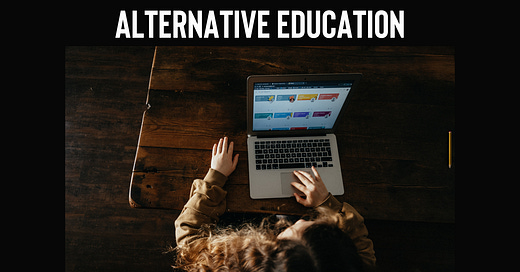

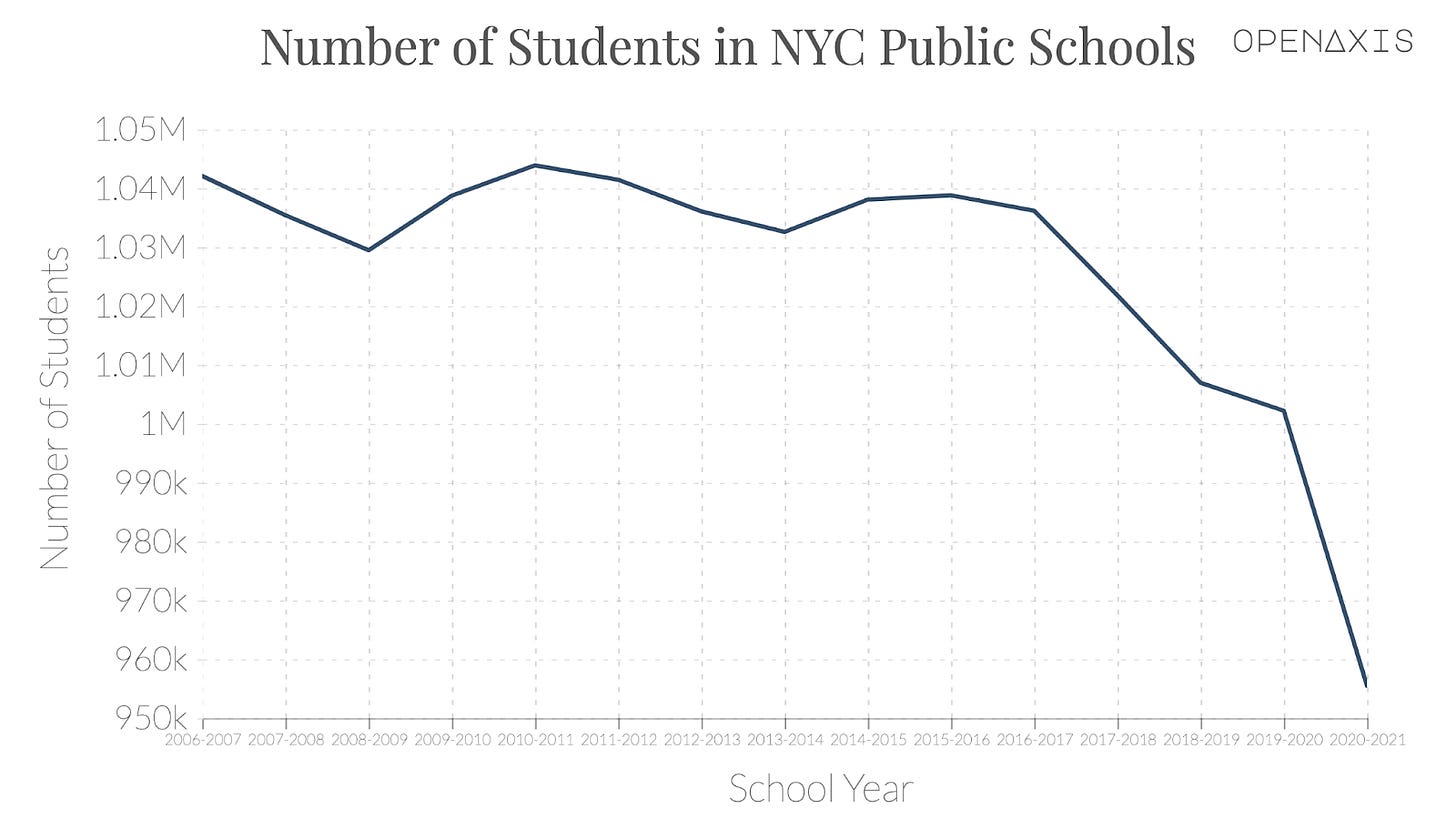
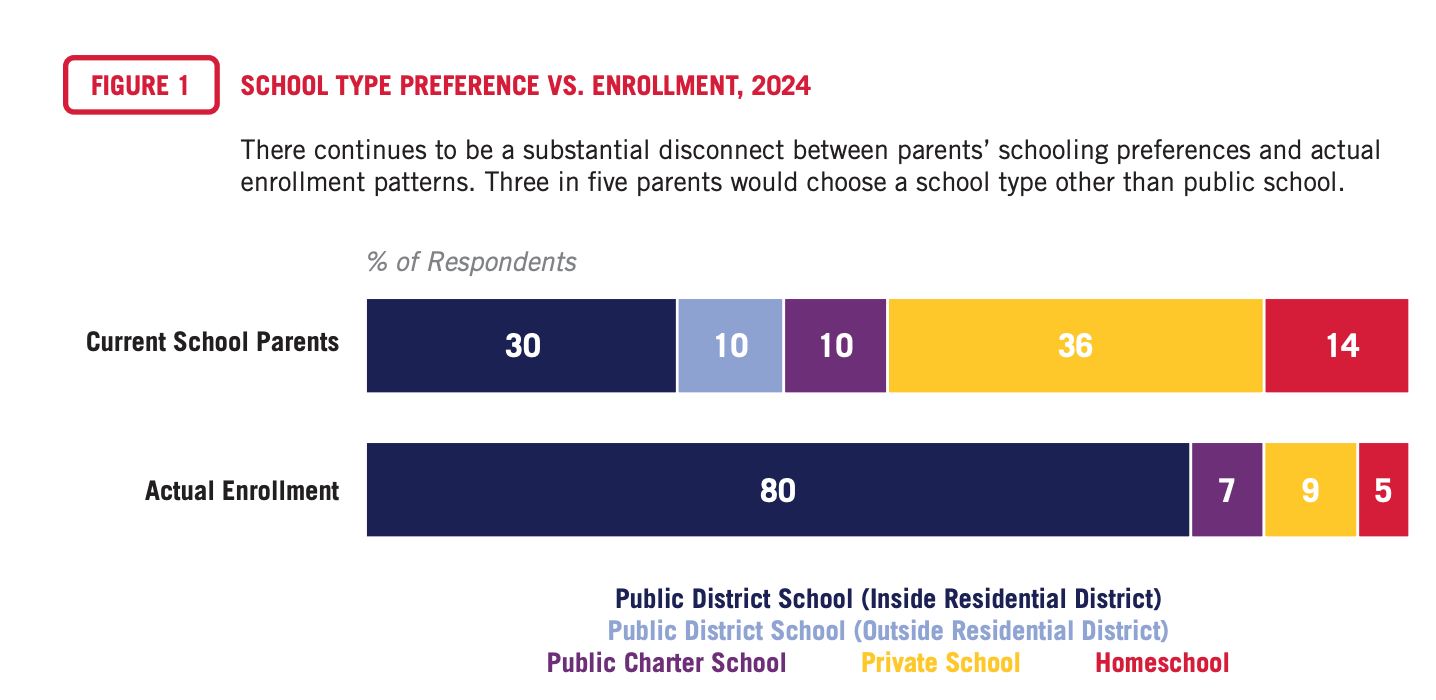
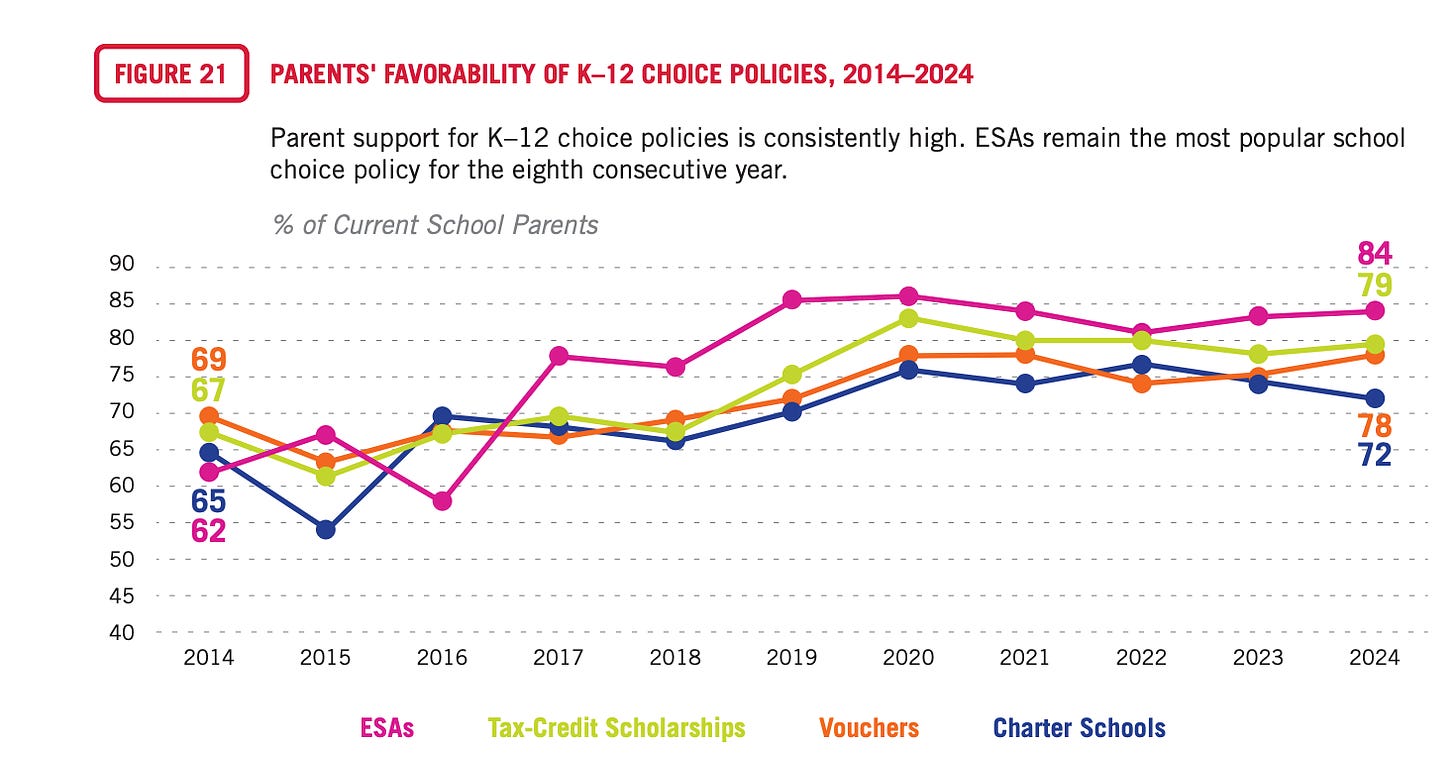


As a recently retired teacher at 62, I still want to teach, just not in the classroom every day. I recently discovered Outschool, got approved, and have posted four courses so far. Thanks for writing this. I see these online schools as a great benefit as they give parents and studnets so many interesting options.
Great article, Katelyn! I'm a new subscriber. I work for another project-based online middle and high school called Prisma: https://www.joinprisma.com/. We start a little younger, at 4th grade, and have more students than some of the others on your list. What sets us apart is our emphasis on 1:1 coaching, since we know through Bloom's 2-sigma problem that individualized instruction is one of the components most lacking in the traditional school system.
We'd love if you either linked us in this post or checked us out!